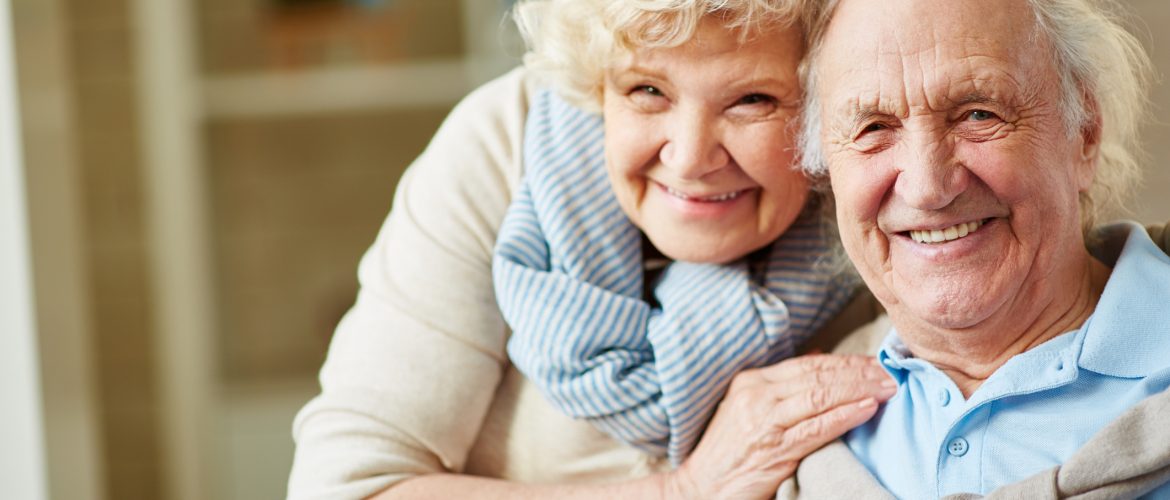It is no secret that the world population is getting older. In fact, according to Statistics Canada, seniors are projected to outnumber children by 2017 – a never before reached milestone for Canada. It is also well-known that as the population ages governments are struggling to balance the needs of the current generation of seniors, the demands of the up-and-coming seniors generation, and the impact of rising healthcare costs.
As older adults age it is understandable they’ll want to maintain their ability to live independently, despite having healthcare conditions that need to be monitored by family and clinicians. This situation creates an opportunity for solutions that provide older adults with the ability to maintain their independence while remaining connected to their healthcare providers and caregivers.
Given this opportunity, the Canadian Centre for Aging and Brain Health Innovation (CC-ABHI) has partnered with Quanta Computer Inc., a company from Taiwan, and Baycrest Health Sciences to test the QOCA home solution and its Home Hub tablet. The QOCA Home Hub Tablet is a cloud-based solution designed to create and manage personalized care plans for seniors, allowing remote home care by a team of health professionals and family members. Through the use of this tablet older adults may improve social connectedness, lessen the effect of isolation and loneliness, and live an independent life for longer than previously possible.
The QOCA home platform’s personalized care plans will offer, among numerous other features, medication reminders, health education, and cognitive training.
In September 2016, 41 older adults in the Baycrest community were provided with the QOCA home tablet for trial use in their home. During this trial, four main features were made available through the tablet:
- voice and video calling;
- health measurement tracking (i.e., blood pressure monitoring via a Bluetooth-connected blood pressure cuff);
- a personal calendar and reminders; and
- educational and informational content (e.g., videos, event calendars).
In conjunction with the trial at Baycrest, 54 family and friends of the older adult users were provided with the QOCA mobile app on their smartphone so they could connect via video call or view the older adults’ health measurements and personal calendar, if permitted. On December 2, 2016, the trial was completed.
Preliminary survey results from the trial were quite successful and indicated that most of the older adult participants reported using the QOCA home device several times per week. The most often used features included the wellness measures (including blood pressure, weight, and blood glucose tracking), video calling, and content apps. By leveraging the features of the QOCA tablet older adults in the study were able to remain socially connected, informed about their upcoming calendar events, and aware of their various wellness measures. All combined, this project offers promise for more independent living in the future.
Looking forward, the project team will be completing full quantitative and qualitative analyses for a final report at the end of March 2017. As well, Baycrest and Quanta are exploring a potential Phase 2 of the trial that will expand the features available through the QOCA Home Hub Tablet.
For more information follow us on Twitter @CABHI_ or email info@cabhi.com


